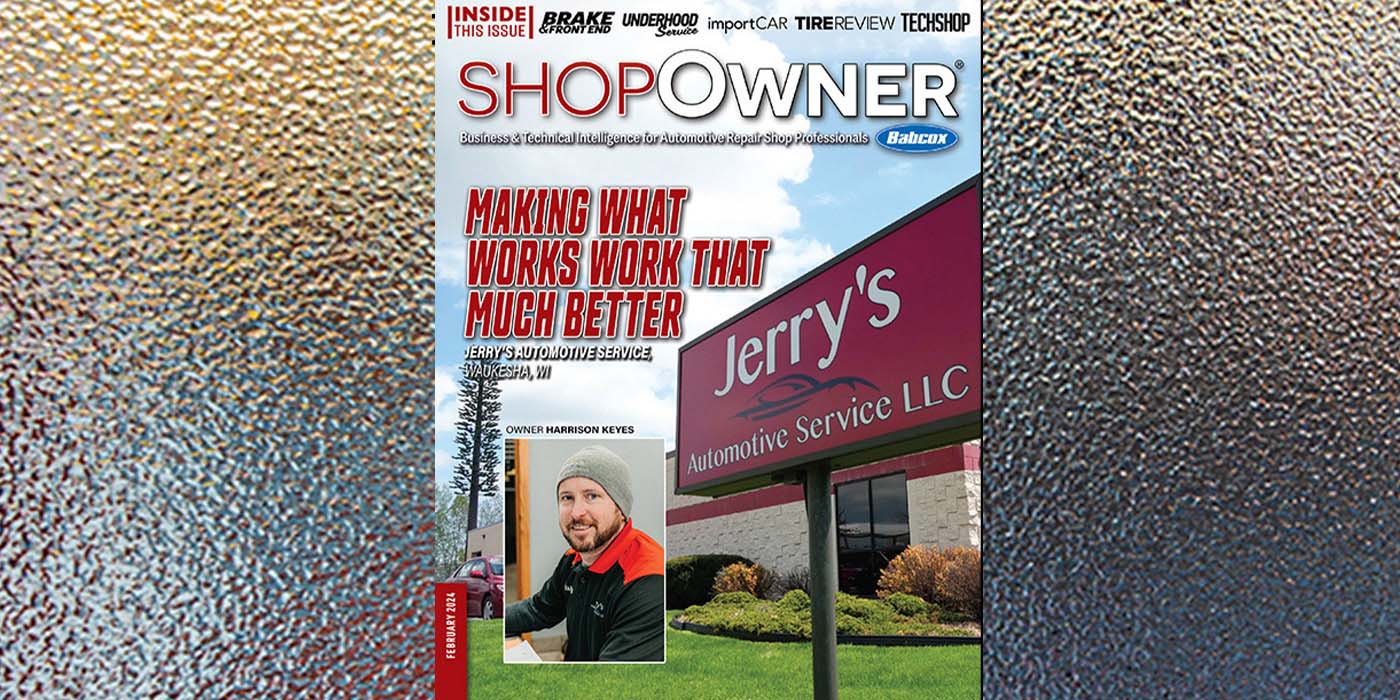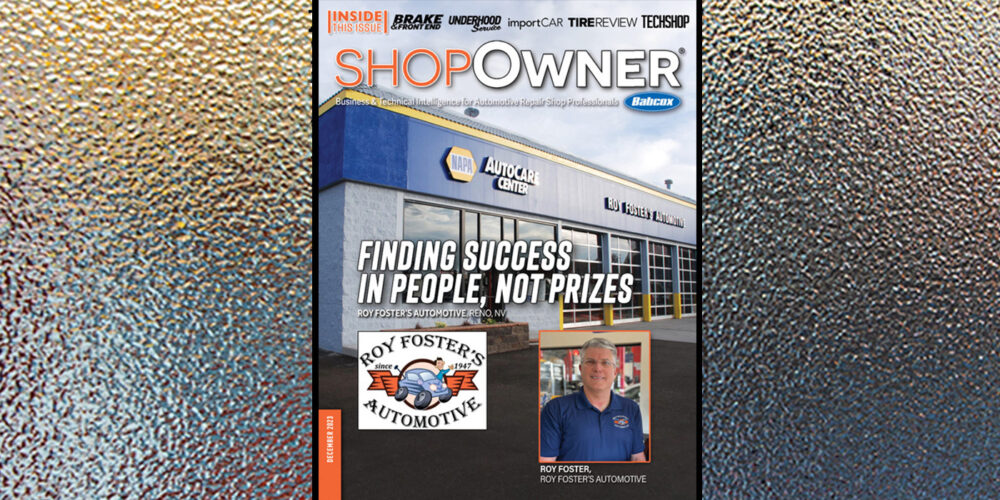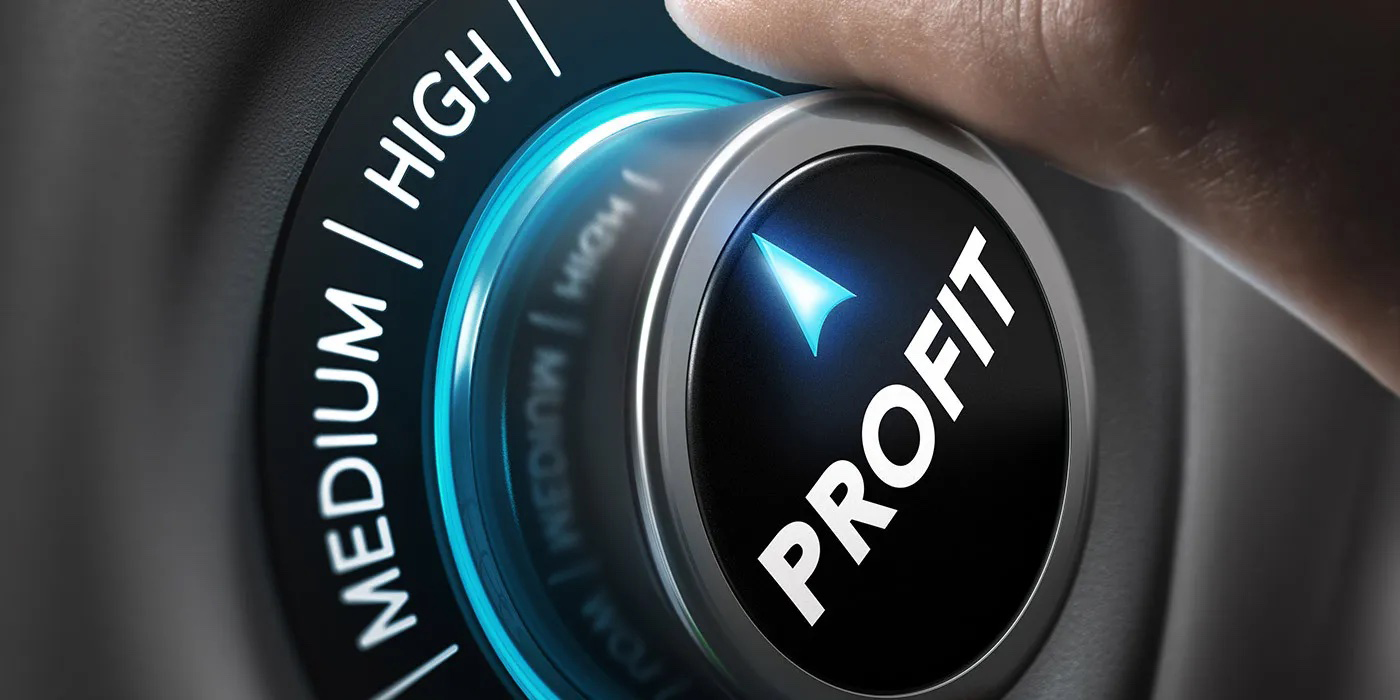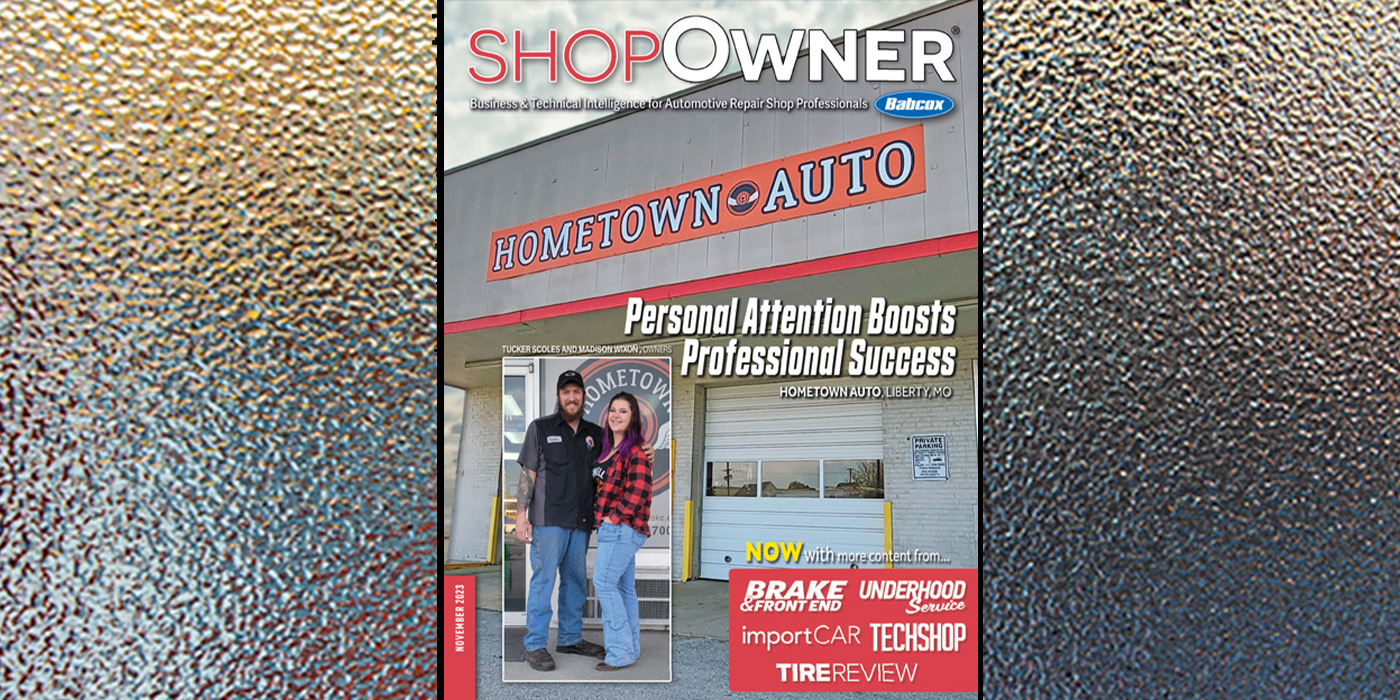 Shop owners who are focused on serving their customers and operating efficiently are taking a little extra time to also get their financial house in order. They realize the value of the ABCs of a well-managed business: A for attorney, B for banker and C for CPA.
Shop owners who are focused on serving their customers and operating efficiently are taking a little extra time to also get their financial house in order. They realize the value of the ABCs of a well-managed business: A for attorney, B for banker and C for CPA.
These trusted advisers could help you focus on your customers and your business, while also ensuring you operate legally, effectively and profitably.
Seasoned shop owners know that to have long-term success they must have efficient accounting and shop management systems, but they also need to maintain and utilize them. This is where the expertise of your CPA can be a big help.
Keep your business and personal income and expenses apart; this starts with setting up separate bank accounts and your banker can advise you in this area.
Always retain your tax records and support documents for as long as they may be needed to support your tax returns. This is usually three years after the filing due date or when the tax return was actually filed (whichever is later).
Remember, some records need to be retained indefinitely. Examples would be copies of original tax returns, legal documents, asset purchase confirmations, asset purchases and real estate sales.
Become a cash manager by learning exactly what your cash position is at all times and what your daily, weekly, monthly and annual cash requirements are. You can do this by properly using your accounting system. Ask your CPA to develop your business model so that you understand the effects of price increases, labor cost changes, and the mix of labor and parts sales that maximizes your cash flow and profitability. You may want to consider using an accrual basis of accounting to ensure you know your future cash requirements at all times. Determine what your optimal cash position is and pay your vendors on a timely basis, taking advantage of discounts when available.
If your business is growing and you’re ready to consider limiting your legal liability, you should consult your attorney about possibly creating a corporation or operating a limited liability company.
Plan to file all tax returns on a timely basis including paying over-withheld payroll taxes when due. One of the most difficult problems to overcome is a failure to pay them. The penalties and interest on the taxes can overwhelm a small business.
The tax rate for Social Security remains the same, but the maximum deduction has been increased for 2014 to $117,000. Your CPA can again help with changing tax laws if you stay in frequent communication and describe potential changes in your business before they are scheduled to take effect.
Remember that if little things like W-2 and 1099 forms are not filed on a timely basis, they can trigger significant penalties.
Section 179 Expensing
In 2014, businesses can elect to expense (deduct immediately) the entire cost of most new equipment up to a maximum of $25,000 for the first $200,000 of property placed in service by Dec. 31, 2014. Keep in mind that the Section 179 deduction cannot exceed net taxable business income.
In addition, unless Congress reauthorizes it, the bonus depreciation expired at the end of 2013 and is not available for 2014. If assets are required that exceed your resources, consider financing or leasing your equipment. Your banker can help you with a loan and your CPA can determine the best alternative for you.
Tax laws change each year and 2014 and 2015 are no exception. The IRS standard mileage rate has changed for 2014 to $0.56 per mile, and will change again for 2015. Be certain you and your employees use an expense reimbursement system that documents the number of miles and purpose of the business travel.
Having operated effectively all year and realizing a profit, consider steps to legally minimize your tax liability. Accelerate expenses and defer income if you are a cash-basis taxpayer. Acquire assets that you know you’ll need next year anyway, and place them in service to utilize your available Section 179 deductions.
Consider an IRA or SEP if you’re a sole proprietor and invest in a 401k. When funded, these retirement accounts will reduce your current tax liability and provide a future taxable income stream when your tax bracket could be lower in retirement.
Consider your attorney, banker and CPA as essential parts of your business team. Each can bring a level of expertise to you on an as-needed basis that will give you an edge in managing your business. Successful shop owners know their knowledge limits in these areas and seek the help of subject-matter experts. The really good ones are team builders with dedicated employees, appreciative customers and trusted business advisers.
On a personal note, I started my shop out of my garage, and shortly after, I relocated to a dedicated building. Back then, I met my first adviser who is still my CPA today. In the 27 years we’ve done business together, he became the most valuable and trusted member of my ABC team. He has helped keep me on the right path over the years, and with his help our business continues to thrive. It was also with his help that I penned this article. Thanks Pat!
I hope you all have a successful and profitable 2015!














